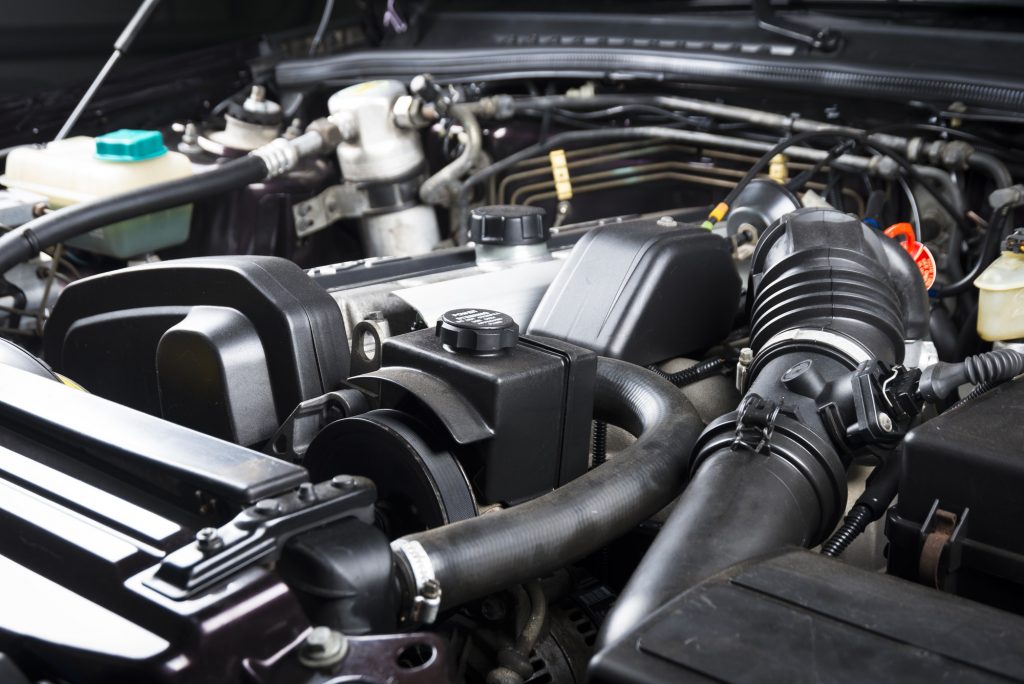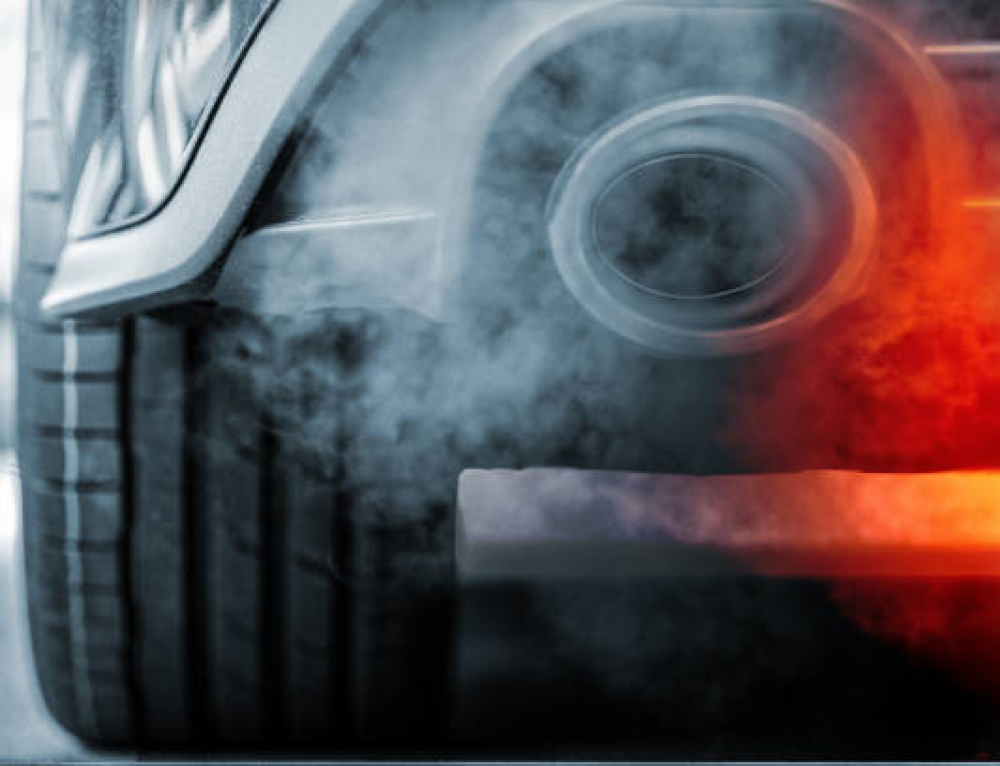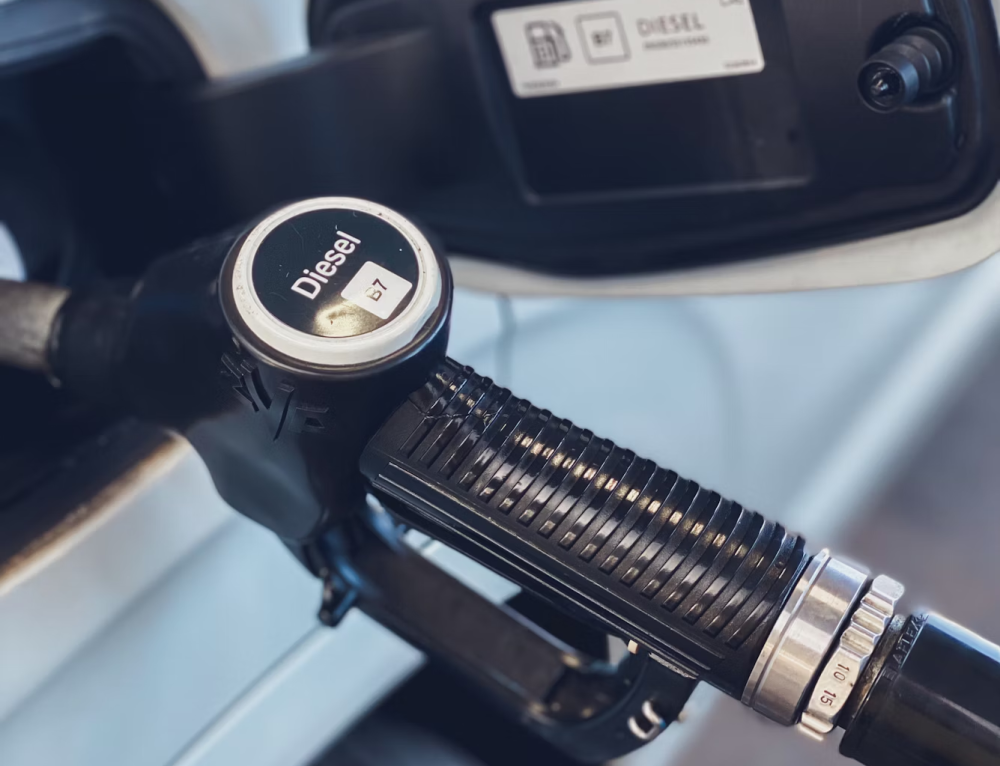Key Highlights
- Diesel engine recycling focuses on valuable components, extending beyond just the engine block.
- Fuel injectors and turbochargers are frequently overlooked for their recycling potential.
- Recycling diesel parts contributes to sustainability by reducing waste and demand for new resources.
- Repurposed engine blocks find new life in various applications, decreasing the need for new manufacturing.
- The recycling process involves cleaning, inspection, and refurbishment, ensuring high-quality parts.
____________________________________
Diesel engines are strong and use fuel very efficiently. They power many vehicles and machines. Usually, people focus on how well these engines work. However, what happens to them when they are no longer in use is often ignored. One of the most overlooked diesel engine parts that can be recycled is the engine block. This part can be melted down and reused in new machinery. Other parts, such as the turbocharger and pistons, also have valuable materials that can be repurposed. This article looks at diesel engine recycling, showing that there is hidden value in these amazing machines.
The Hidden Value in Diesel Engine Recycling
Recycling in the car industry often makes people think of smashing cars into small cubes. But with diesel engines, there are many valuable parts that many overlook. Beneath the heavy engine block is a complex design of parts made to last and work well. Among these, the most overlooked diesel engine parts that can be recycled include components such as turbochargers, injectors, and alternators. These parts are made from strong materials and can be recycled for significant value.
Knowing the importance of these often thrown-away pieces can lead to better recycling methods and save money.
Why Diesel Engine Parts are a Goldmine for Recycling
Diesel engine parts are great options for recycling because they are durable and made from valuable materials. Parts like cylinder heads, crankshafts, and the exhaust system are built to last and often remain useful even after you think they should be replaced. However, there are most overlooked diesel engine parts that can be recycled, such as turbochargers, alternators, and even injectors. These parts are made from strong metals and alloys, making them very important for recycling. By recycling these materials, we can cut down on the need for new resources.
This helps protect the environment. Recycling diesel parts also leads to quality aftermarket parts. These parts offer a more affordable option compared to brand-new ones. This is good for both people and businesses because it supports a circular economy in the automotive industry.
The Environmental Impact of Recycling Diesel Engine Components
The United States understands how important recycling is for the environment, especially for old machinery. This is very true for diesel engines, as recycling their parts can help the planet a lot.
Making new engines from fresh materials needs a lot of energy and causes a lot of pollution. When we recycle used parts, we lower the need for new materials. This helps save our natural resources. Also, recycling diesel engine parts keeps them out of landfills. This stops harmful fluids and heavy metals from leaking into our soil and water. One of the most overlooked diesel engine parts that can be recycled is often ignored but can contribute significantly to reducing waste. Choosing to recycle is part of a bigger move towards a greener car industry. When people pick recycled parts, they help reduce the diesel industry’s harm to our planet.
Essential Yet Overlooked Diesel Engine Parts for Recycling
Engine blocks and cylinder heads usually get most of the attention in diesel engine recycling. However, smaller parts like fuel injectors and turbochargers are just as important. These components are vital for good engine performance and fuel efficiency.
People often overlook these parts because they are small and seem complex. Yet, they have a lot of recyclable value. In fact, the most overlooked diesel engine parts that can be recycled are often the ones that get the least attention. Let’s take a closer look at why these often ignored pieces deserve more attention in the recycling process.
The Significance of Fuel Injectors in Recycling Efforts
Fuel injectors are small but very important for how well diesel engines work. They carefully measure and break fuel into tiny droplets for the combustion chamber. Because they work hard, fuel injectors can wear out quickly.
These injectors are usually made from strong steel alloys and tough tips, so they can be recycled easily. Special facilities can clean, test, and rebuild them, giving them a second life. This process recovers valuable materials and also offers affordable, good-quality remanufactured injectors to buyers.
Among the most overlooked diesel engine parts that can be recycled, fuel injectors stand out. Recycling them helps reduce harmful waste. If they are thrown away incorrectly, dangerous chemicals can leak into the environment. By recycling them the right way, we can make sure these harmful substances are controlled, which helps protect our planet.
Turbochargers: The Untapped Potential in Diesel Recycling
Turbochargers are typically seen as one item, but really, they are made of several important parts that you can recycle. These parts (the house, impeller, and shaft) are made from strong materials designed to handle the high temperatures and spinning forces from everyday operations. That’s what makes them so valuable.
To recycle turbochargers, you have to take them apart properly. Clean every part and check them for wear or damage. You can then use the pieces that pass strict quality checks to create remanufactured turbochargers (according to OEM guidelines). These remanufactured models are cheaper and better for the environment than new turbochargers, helping both the buyer and the environment.
In addition to turbochargers, there are many other parts in diesel engines that can be recycled. One of the most overlooked diesel engine parts that can be recycled is the fuel injector. When properly recycled, fuel injectors can be cleaned and reused in various applications, extending their life and reducing waste.
With a remanufactured turbocharger, you get a good product for cheap, all while being more mindful of our resources. The more recycled turbochargers there are, the fewer brand-new ones are made, which cuts down on the negative environmental impact.
How Recycling Engine Blocks Contributes to Sustainability

Engine blocks are the core parts of a diesel engine. They are heavy and important when it comes to recycling. Made from strong cast iron, these blocks can be melted and reshaped. This gives rise to new engine blocks that can be used in many ways.
Recycling them reduces the need to gather, process, and create new blocks from raw materials. This saves a lot of energy. While engine blocks are an essential part of diesel engine recycling, there are also other most overlooked diesel engine parts that can be recycled, contributing to a more sustainable process. This roundabout way of using resources highlights how sustainable parts of diesel engines can be.
The Benefits of Repurposing Engine Blocks
The recycled diesel engine block is very useful and can be used in many ways. Besides helping in rebuilt engines, these blocks can go into many different projects.
When made into short blocks, they give engine builders a strong base to start. This is good for those who want to keep costs low while building a performance vehicle. Companies that make rebuilt engines often use recycled blocks to provide cheap and reliable engine options. These engines are used in vehicles like Ford F-Series trucks, Ram trucks with Cummins engines, and GMC Sierra HD trucks.
Using recycled engine blocks helps the environment. It can save about 1,110 kg of CO2 emissions compared to making a brand-new block. This cut in carbon gas and the saving of raw materials like iron ore show just how good it is for the planet to reuse engine blocks. Additionally, the most overlooked diesel engine parts that can be recycled, such as pistons, cylinder heads, and turbos, offer even more opportunities for reducing waste and lowering the overall environmental impact.
____________________________________
Recycling diesel engine parts is good for the environment and can save money too. Parts like fuel injectors, turbochargers, and engine blocks can be reused in smart ways. In fact, some of the most overlooked diesel engine parts that can be recycled include components like pistons, valves, and injectors. When we recycle these important parts, we help create a cleaner future and cut down on waste in the car industry. By choosing to recycle diesel engine parts, we take steps toward saving our resources. If you want to know more about how to help with this effort, reach out to us for more details.
Frequently Asked Questions
What are the most overlooked diesel engine parts that can be recycled?
The most overlooked diesel engine parts that can be recycled include fuel injectors, turbochargers, pistons, and alternators. These parts are made from durable materials and have significant recycling potential, contributing to sustainability.
Why are the most overlooked diesel engine parts that can be recycled important?
Recycling the most overlooked diesel engine parts that can be recycled, such as turbochargers and fuel injectors, helps reduce waste, conserves natural resources, and lowers environmental impact by reducing the need for new manufacturing.
How can I identify the most overlooked diesel engine parts that can be recycled?
Many diesel engine parts, including fuel injectors, pistons, and turbochargers, are often neglected in the recycling process. However, recognizing their valuable materials and proper recycling techniques can help preserve resources and support a circular economy.
What happens when the most overlooked diesel engine parts that can be recycled are not recycled?
When the most overlooked diesel engine parts that can be recycled, such as fuel injectors and turbochargers, are not properly recycled, they can end up in landfills, where they may release harmful chemicals into the environment.
How does recycling the most overlooked diesel engine parts that can be recycled benefit the environment?
Recycling the most overlooked diesel engine parts that can be recycled reduces the demand for raw materials, lowers energy consumption, and reduces harmful emissions. This helps protect the environment by minimizing the need for new production and the disposal of engine components.





